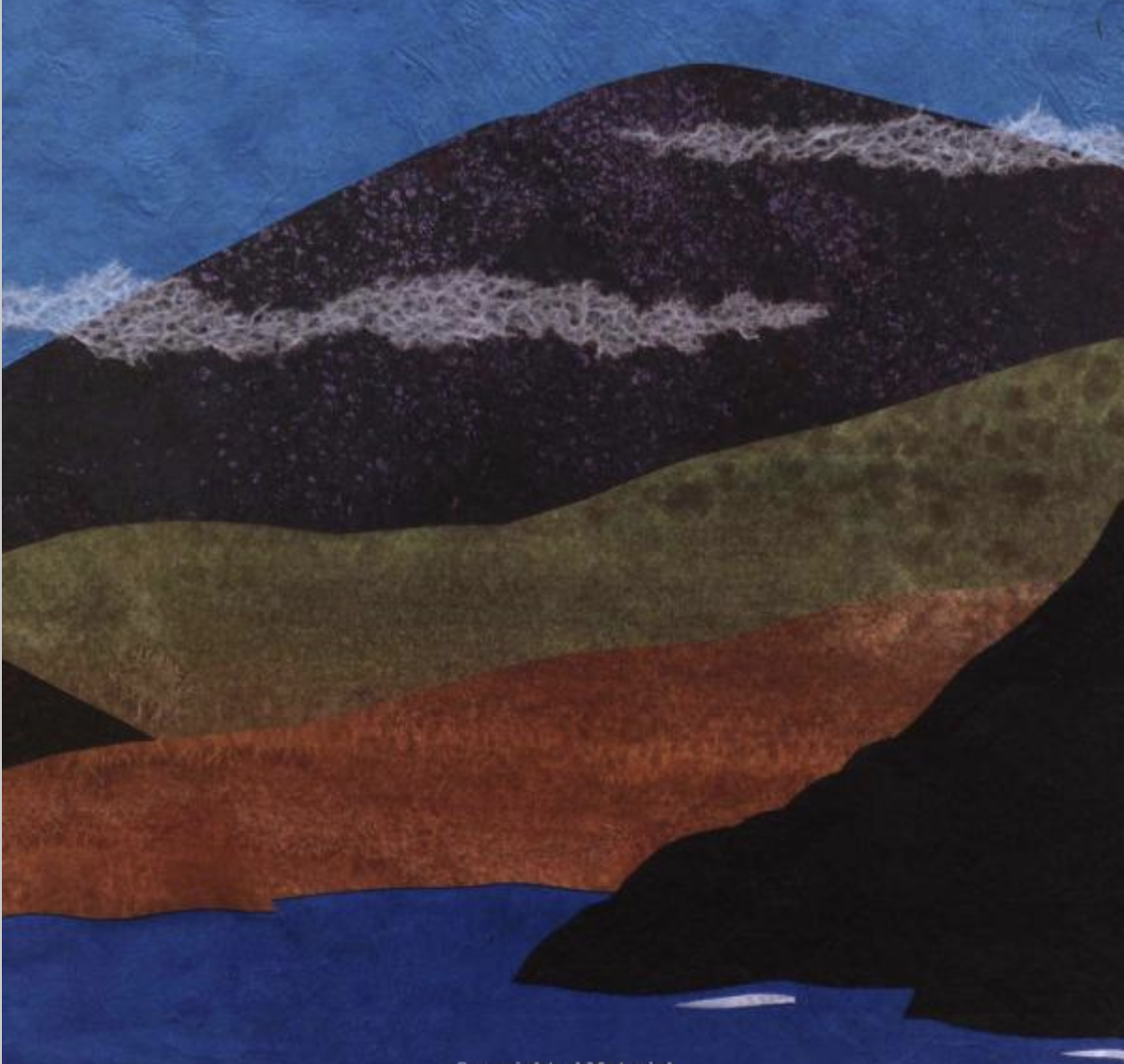Volcano Wakes Up! Reader Activities
Writing Activities (third grade and up)
Illustration by Steve Jenkins
1. All of the poems in Volcano Wakes Up! are called “mask” poems. This means that I wore the “mask” of a different character while writing each poem. In other words, I wrote the poems as if I were a volcano, a road, and so on. Mask, or persona (per-SONE-uh), poems are fun to write because you can pretend to be crazy things.
Have your students write a mask poem about a subject of their own choosing. They can write as if they are a pencil, a wall, an alien, a basketball, or something else!
2. For a different effect, have your students write a “poem of address,” the opposite of a mask poem. A “poem of address” is written TO an object, like a volcano or a road. You could be someone writing TO the first volcano you have ever seen. You could be someone writing TO the volcano you have always lived on. Or you could be a rare bird writing TO the volcano that just destroyed your nest. How would those poems be different?
Ask your students which type of poem is more fun to write — a mask poem or a poem of address? And of course read the poems out loud. Poetry is meant to be read out loud!
Science Activities (third grade and up)
1. In Volcano Wakes Up!, the ferns nearly die from a volcanic eruption. The lava crickets, on the other hand, eagerly await the eruption because the crickets love to eat toasted bugs!
Ask your students to do some research and find examples of good things/bad things in a natural disaster. Have them pick a natural disaster, a hurricane or a flood or a tornado, and learn more about it by reading books in the library or checking reliable websites on the Internet.
Which animals and plants suffer? Which ones benefit? How can anything benefit from a hurricane? Does the land benefit? Or the rivers? Is everything connected? Do people ever benefit from natural disasters?
2. In Volcano Wakes Up!, the sun and full moon talk to each other at the beginning and the end of the day. One is rising just as the other one is setting.
Have your students become moon watchers. There’s a lot to observe. Be glad the earth has only one moon! If we lived on Jupiter, we would have to keep track of several moons. Some of the things to watch:
*the phases of the moon — what causes the phases?
*the time of moonrise and moonset — why does it change from day to day?
*the height in the sky — why does the moon’s height change?
Students can start a Moon Journal (or set up a Moonblog), and record their observations day by day, evening by evening.
A couple of helpful websites:
http://www.moonconnection.com/moon_phases.phtml
http://www.enchantedlearning.com/subjects/astronomy/moon/Phases.shtml
Creative Literacy also has some student activity ideas for Volcano Wakes Up!

